 Straight-shooter Sèphera Girón talks about earning a living and is my last blogger for Women in Horror Month, though you will have to come back for part II as she will post over two days. I lost a few writers to health and work commitments. It seems only fitting that since I started with a Canadian, and am a Canadian, that I also end with one.
Straight-shooter Sèphera Girón talks about earning a living and is my last blogger for Women in Horror Month, though you will have to come back for part II as she will post over two days. I lost a few writers to health and work commitments. It seems only fitting that since I started with a Canadian, and am a Canadian, that I also end with one.
Trying to Earn a Living as a Writer in 2019!
Well here we are in another Women in Horror Month. I’ve been working in the horror field since before Women in Horror Month was invented and at the time, I didn’t really feel like it was something that was truly necessary for I didn’t see the world quite as I see it now.
 I think because I came from a mid-sized University town and from very educated parents who already worked in the arts that it never occurred to me that I couldn’t grow up to be a horror writer as I had dreamed of since I was around 14 years old. And it never occurred to me that I was a woman or that being a woman meant anything at all. In my naivety, I thought that the best story would be picked, and it was up to me to work as hard as I could and learn as much as I could about the horror genre and how to be a writer in order to become successful in the horror field.
I think because I came from a mid-sized University town and from very educated parents who already worked in the arts that it never occurred to me that I couldn’t grow up to be a horror writer as I had dreamed of since I was around 14 years old. And it never occurred to me that I was a woman or that being a woman meant anything at all. In my naivety, I thought that the best story would be picked, and it was up to me to work as hard as I could and learn as much as I could about the horror genre and how to be a writer in order to become successful in the horror field.
I was off to a flying start; I read voraciously, I took writing courses, I even graduated from York University with a BA in Fine Art Studies. By majoring in Fine Arts, I was able to embrace my love of all the arts because even to this day I still have my finger in several artistic pies. I am a writer, I’m a working actress, I’m a podcaster or YouTuber, I dabble in drawing badly, I still pick up my violin once in a while, and I love to sing. I’ve not done musical theater in many years, but I do earn a bit of a side income as a background performer in various movies and TV shows that come through Toronto.
In my quest to become a writer, I started to attend conventions in the late eighties, and I was one of those people who would sit in the audience and actually take notes and try to learn secret tidbits from the professionals who would give us wonderful advice. Back in those days, you really couldn’t get that advice unless you actually went to a convention and listened to these people speak. There was no Internet and so you had to wait a long time to get information month to month from the Horror Writers Association newsletters or from market reports like the Gila Queen and so on.
It was a much different time.
So, as far as I was concerned, my hope to become a woman horror writer just meant I  had to work really hard and it never occurred to me I would have to work harder than a man or anything like that. I just knew I had to be the best writer I could be. I spent a lot of time (YEARS!) writing and re-writing my books and eventually became a Leisure (Publishing) author until Leisure died and then a Samhain (Publishing) author until Samhain died and I published at several other houses as well alongside those. (Never put all your books in one market!) However, over the years it did come to my attention that perhaps women weren’t getting the recognition that they needed to get. For me, I believe that I got all the recognition I needed for the work that I did because it just never occurred to me that I didn’t. I still stand by that.
had to work really hard and it never occurred to me I would have to work harder than a man or anything like that. I just knew I had to be the best writer I could be. I spent a lot of time (YEARS!) writing and re-writing my books and eventually became a Leisure (Publishing) author until Leisure died and then a Samhain (Publishing) author until Samhain died and I published at several other houses as well alongside those. (Never put all your books in one market!) However, over the years it did come to my attention that perhaps women weren’t getting the recognition that they needed to get. For me, I believe that I got all the recognition I needed for the work that I did because it just never occurred to me that I didn’t. I still stand by that.
As time has gone on and society keeps changing, it almost seems like things are going a bit backwards. Now there is more call for women writers, diversity, and so on. Now the world seems to be splintering into factions of labeling and stereotypes, everyone is sorted into a little compartment and quotas are created to be filled. And yet, now, it does seem that women do have to work harder to get ahead in some instances because now there’s a big ol’ spotlight on us. And I still say, despite all that, editors just want to buy a good story, they don’t care who writes it, just make the publisher lots of money!
 I have said this many times and I will continue to say it, that a large part of the problem with an imbalance of women in horror (and I can’t speak to any other genre because I haven’t asked people in other genres) is simple to see. Over the years I’ve spoken to many women authors while gauging whether there is a problem with women being published and recognized or not. It did come to my attention several years ago that often women aren’t getting published in horror because they aren’t writing it and they aren’t submitting it. PERIOD.
I have said this many times and I will continue to say it, that a large part of the problem with an imbalance of women in horror (and I can’t speak to any other genre because I haven’t asked people in other genres) is simple to see. Over the years I’ve spoken to many women authors while gauging whether there is a problem with women being published and recognized or not. It did come to my attention several years ago that often women aren’t getting published in horror because they aren’t writing it and they aren’t submitting it. PERIOD.
Sometimes women have to be encouraged a little more than men to actually show their work or to get it out there. It is not enough to say you’re a woman horror writer and that you are writing when in fact you’re not submitting and getting published. You are responsible for your own career and you need to make it happen. No one is going to come to you and ask to see your novel. You have to put it in front of people’s faces. And using initials as your name doesn’t fool anyone, so cut it out.
I guess in my naivete in not believing that I would ever be told “no” simply because I was a woman has definitely helped me in my career because I’ve always felt that if I want to do something, I can do it and I’ve always been that way about most parts of my life. So even though I’ve not been terribly prolific the last few years, it is because my energies are a bit scattered, because I am enjoying other aspects of my life as I have mentioned and also I had some emotional issues that have taken me about ten years to deal with and writing horror didn’t really go along with some of the stuff I’ve been trying to work through. In my case, the only person to blame for not having books out right now is myself because I have been taking an emotional break. However, this is all changing, and I do have many stories out or about to be out and I do plan to finish and have my publishers put out a couple of books this year.
One of the tools that has helped me heal and get refocussed is that I created an account on Patreon. Now before I get into my Patreon spiel, I also would like to recognize that in my twenty or maybe now it’s thirty years in the business that I’ve had observations about ways that women aren’t as supported as men when it comes to relationships; a kind of behind the scenes sort of thing.
I have met many male writers over the years who have the luxury of being full time writers because their wives work full time, or their wives at least make enough money to support them both until the husband earns a better income. These husbands are often very productive, they eventually earn a lot of money as writers because they can focus on their work and ultimately have a double income with their wives. Sometimes the wives not only provide an alternative income, but they also are the ones that do all that boring business stuff that writers have to do. It is fine to write a book or a story but then there is so much other work that goes into it, especially these days. Back before self-publishing and before publishing houses got all splintered and weird, you basically wrote a book, sent it out and then you would have to market it, send out press releases, maybe do a party, a reading, a launch, and more. A lot of these male writers let the wives do all the business aspects, like administrative assistants, secretaries, personal assistants, shoppers, and groomers. The wives would send out press releases, they would send out to markets, they would search market reports, they would deal with the agents, editors, publishers. They deal with publicists as they could hire publicists because they had double incomes, they arrange the parties, they do all the taxes, they do all the income, outcome, receipts, letter writing, letter campaigns, the fan clubs, the blogs, deal with the children, aging parents, and so on. This continues to this day.
 I just began online teaching almost a year ago and I attended a workshop here in town put on by the company as a “road show” not long ago and I saw this exact same thing going on with online teachers as well. A lot of male teachers prepare their courses, write them, and film them while the wives do all the film editing, the marketing deal with the phone calls, and students and getting press releases out, preparing downloadable handouts, uploading endless hours of videos, promoting, creating coupons, and blasting it all out on social media. It was actually discussed at the workshop that the spouse should do these exact things to help the teacher spouse. It’s part of the strategy of success.
I just began online teaching almost a year ago and I attended a workshop here in town put on by the company as a “road show” not long ago and I saw this exact same thing going on with online teachers as well. A lot of male teachers prepare their courses, write them, and film them while the wives do all the film editing, the marketing deal with the phone calls, and students and getting press releases out, preparing downloadable handouts, uploading endless hours of videos, promoting, creating coupons, and blasting it all out on social media. It was actually discussed at the workshop that the spouse should do these exact things to help the teacher spouse. It’s part of the strategy of success.
The male writer or teacher gets to just focus on being a creative entity and put out the best work they possibly can with lots of time for writing and re-writing and dealing with the editorial notes because the wife is taking care of all the business side and so they don’t have to worry their pretty little heads about all that. I have never seen it in reverse. I’ve never seen quite the same dynamic where the woman is the sole writer breadwinner and the husband does everything else. I do know there are lots of supportive husbands who will help a little bit. There are husbands who will do some of the stuff but not like women do for men. I know this sounds sexist but hey we’re talking about Women in Horror Month and the Reality of Life. I figured as my own life went on, I would see more of the dynamic going the other way, but I don’t. I never saw it in my personal life at all and never expect to. There are a lot of men recognizing the hard work their wives do but I don’t see a lot of men actually giving up their lives to become personal assistants or secretaries for the women writers to make the women’s careers super dee duper although there are always exceptions and feel free to pile on me in the comments of how wrong I am. This rambling leads me to explore the reality aspect of things, which is earning a living as a writer in these totally difficult times of 2019.
In the nineties and early two thousands, I actually was earning a living as a writer and an editor. I made decent money, I had a beautiful home, I could put my children into various classes and activities. I wasn’t wealthy but I could do my thing and get by, go to conventions and things like that. However, over the last ten years my personal life took a huge blow, I was thrust into instant poverty for the very first time in my life, and at the same time, there was a massive recession with NO JOBS AT ALL, traditional publishing crashed and burned, and self-publishing became a thing. I don’t have the beautiful income I used to have, my editing job that I had for about ten years went good-bye that same year (thanks to off-shoring to cheaper countries) and major horror publishing houses went good-bye and so it’s been a matter of creating a new life in a new world order. After many years of struggling just to survive in this expensive city and being on a waiting list for five years, I ended up in an artist co-op which is where I am now, and I’ve been here for about a year and a half. This helps a lot with the rent and things like that because the rent is a bit lower than regular Toronto rents so that buys me a tiny bit of wiggle room as I re-calibrate my life and career and move forward.
(Tomorrow, I’ll continue with the second half of Sèphera’s, where she continues talking about earning a living as a writer.)
 Sèphera Girón is an author, actor, tarot card reader, and mom. She has over twenty published books. Watch for Taurus in the Witch Upon a Star series to be released this year from Riverdale Avenue Books. She has stories in Dark Rainbow, Dawn of the Monsters, Abandon, Group Hex 1 and Group Hex 2, Intersections: Six Tales of Ouija Horror and more. Sèphera is the astrologer for Romance Daily News. Be sure to watch for her monthly horoscopes at https://www.romancedailynews.com/ Sèphera lives in Toronto.
Sèphera Girón is an author, actor, tarot card reader, and mom. She has over twenty published books. Watch for Taurus in the Witch Upon a Star series to be released this year from Riverdale Avenue Books. She has stories in Dark Rainbow, Dawn of the Monsters, Abandon, Group Hex 1 and Group Hex 2, Intersections: Six Tales of Ouija Horror and more. Sèphera is the astrologer for Romance Daily News. Be sure to watch for her monthly horoscopes at https://www.romancedailynews.com/ Sèphera lives in Toronto.

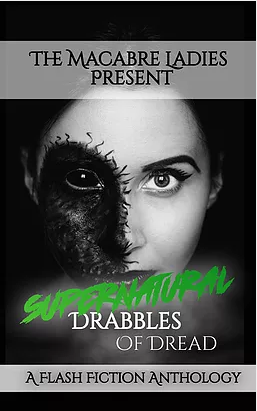
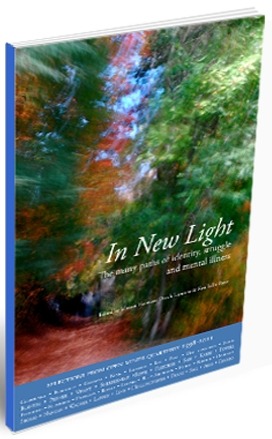
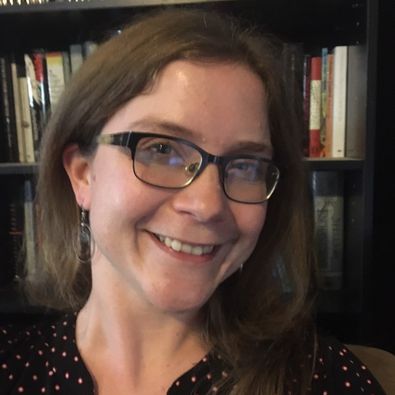
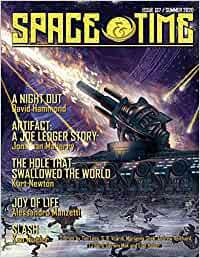
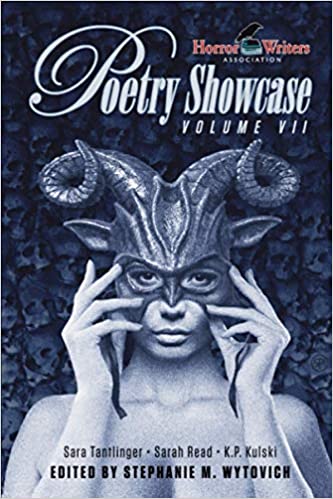
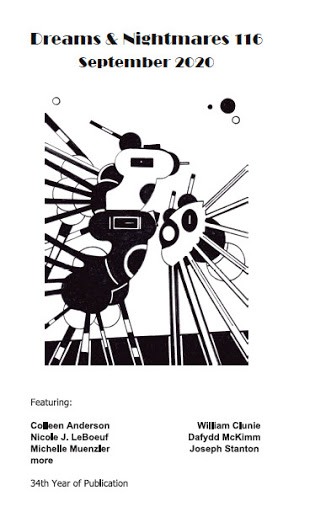
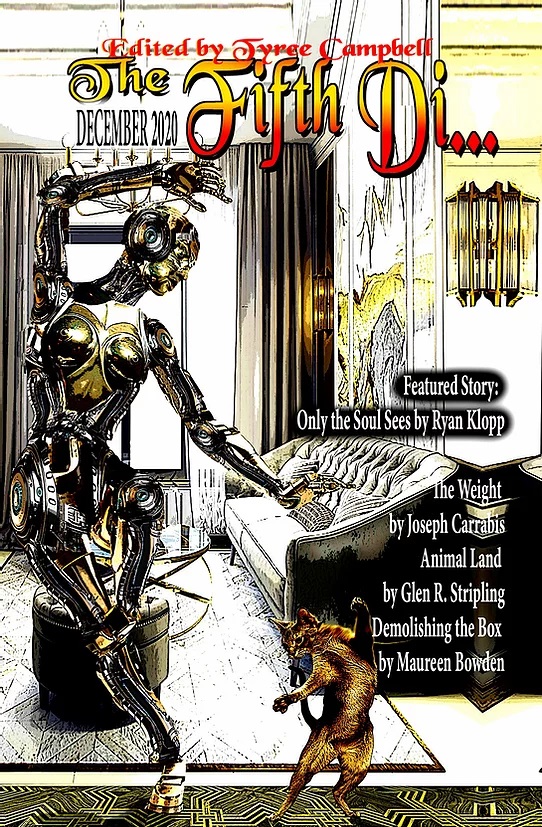
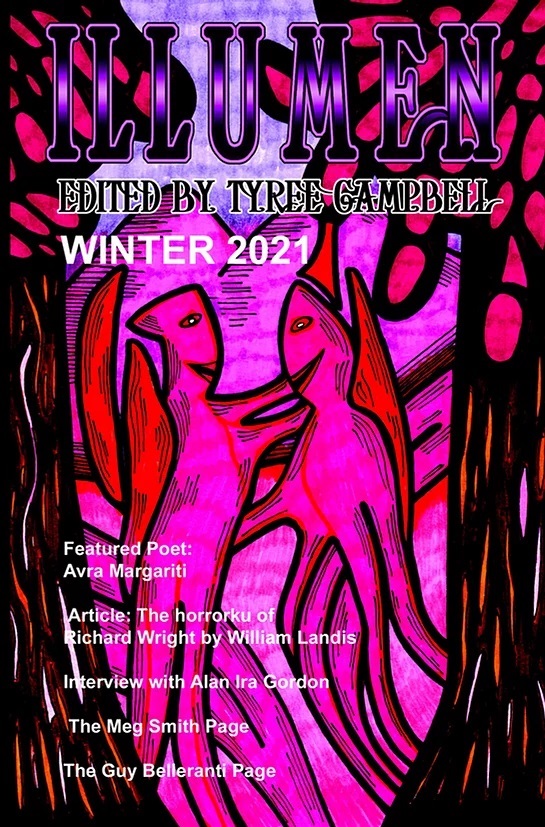
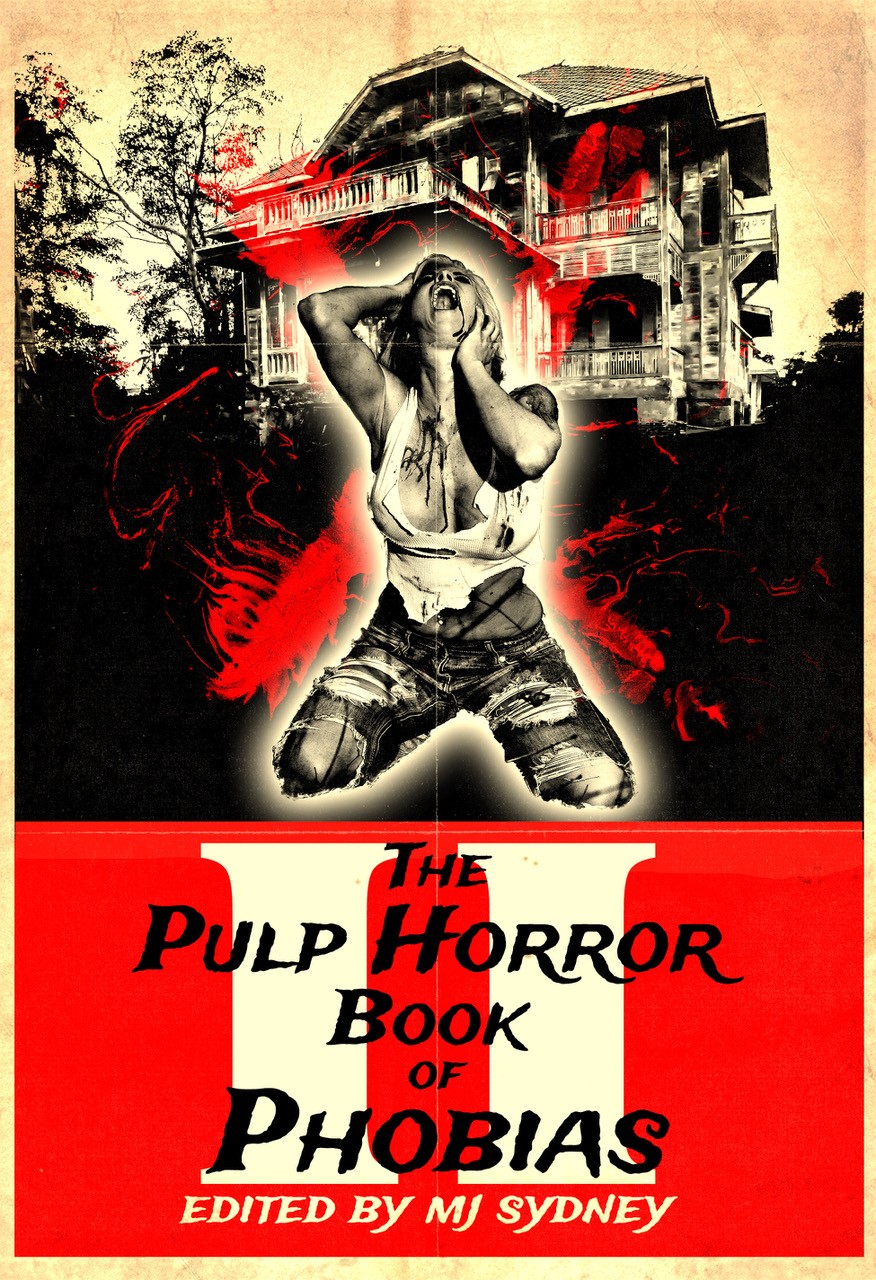
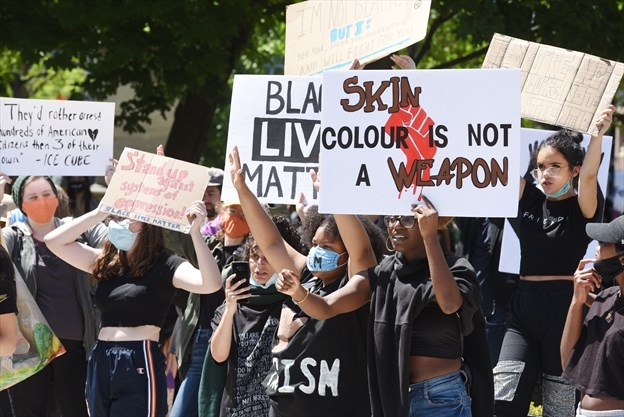
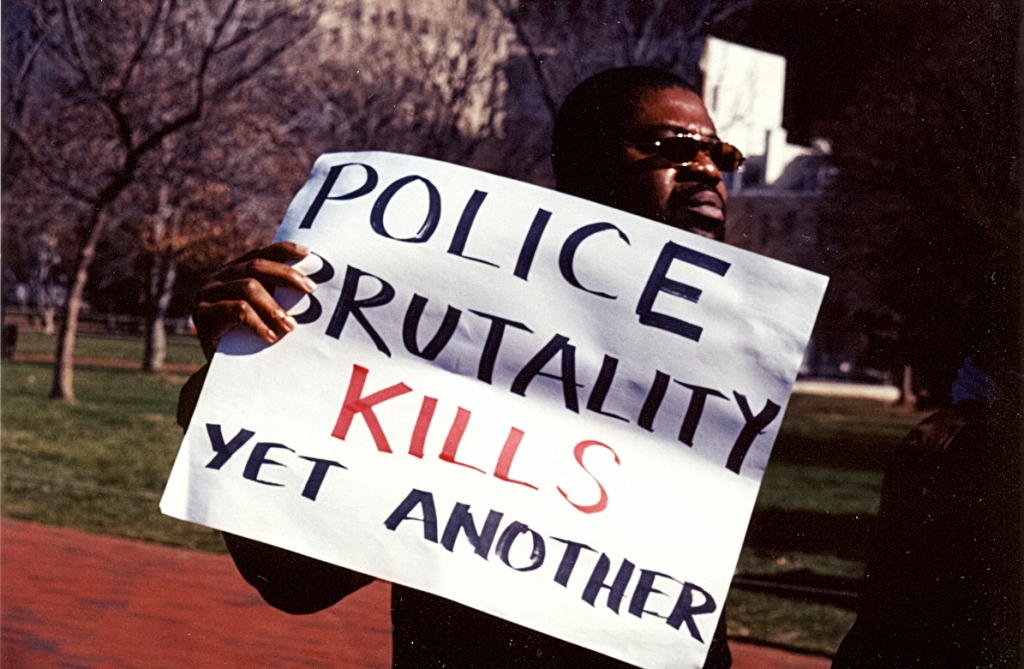
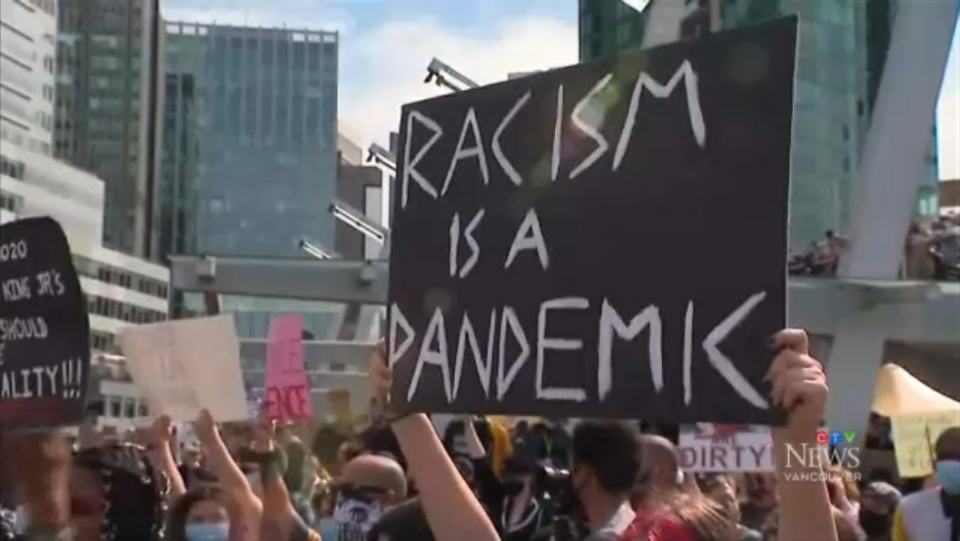
 Well, I don’t think there is much point in singing the pandemic song. This might be the only time in recent world history, or ever, where the world is experiencing the same event at the same time, and we’re all in the same boat. Isolation, depression, sadness, frustration, anger, fear: it’s affecting all of us in different ways. We don’t know if our world will ever go back to what it was and maybe all of it shouldn’t.
Well, I don’t think there is much point in singing the pandemic song. This might be the only time in recent world history, or ever, where the world is experiencing the same event at the same time, and we’re all in the same boat. Isolation, depression, sadness, frustration, anger, fear: it’s affecting all of us in different ways. We don’t know if our world will ever go back to what it was and maybe all of it shouldn’t.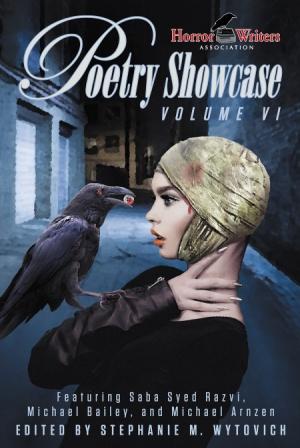 I’d add this into the post, also for my friend Vie. Besides Horror Tree, I also check out
I’d add this into the post, also for my friend Vie. Besides Horror Tree, I also check out 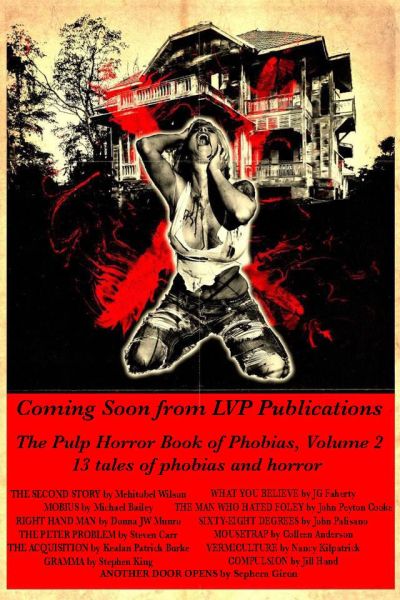 Onto other news. I was awarded a BC Arts Council Grant in March. Oddly it was for an application from last year but I’m not saying no to funds for my writing trips. Engen Books in eastern Canada sponsors the Kit Sora flash fiction–flash photography monthly contest. I’ve used the short 250 word entries as a way to continue writing while grieving my bother’s death last year. In Dec. I came third place with “
Onto other news. I was awarded a BC Arts Council Grant in March. Oddly it was for an application from last year but I’m not saying no to funds for my writing trips. Engen Books in eastern Canada sponsors the Kit Sora flash fiction–flash photography monthly contest. I’ve used the short 250 word entries as a way to continue writing while grieving my bother’s death last year. In Dec. I came third place with “ provincial politics. He became a Thai Consul, he worked on senate reform, and was Edmonton’s police commissioner. He worked in other parts of the world, trying to assist various cities and countries with government. And he worked at advocating for mental health, something that we had never really had in our family. He was given an honorary doctorate for his work. Dennis contributed a lot to mental health and created the Chimo Project, which brought pet assisted therapy to Alberta long before experts were recognizing the benefits of animal-human interactions and healing.
provincial politics. He became a Thai Consul, he worked on senate reform, and was Edmonton’s police commissioner. He worked in other parts of the world, trying to assist various cities and countries with government. And he worked at advocating for mental health, something that we had never really had in our family. He was given an honorary doctorate for his work. Dennis contributed a lot to mental health and created the Chimo Project, which brought pet assisted therapy to Alberta long before experts were recognizing the benefits of animal-human interactions and healing.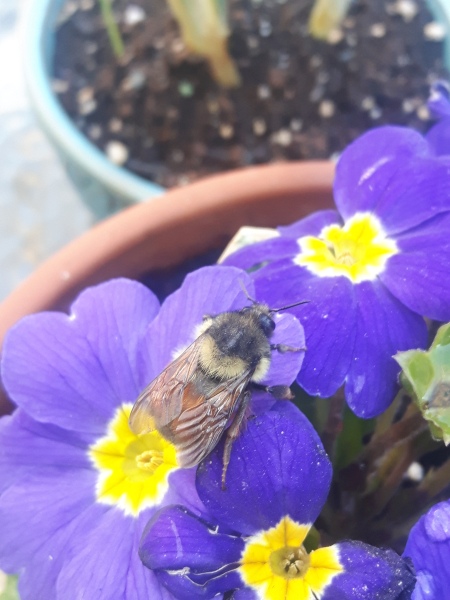
 Deeply hidden along the mysterious coast of Canada, there is another Woman in Horror. Today’s guest is Marcie Lynn Tentchoff.
Deeply hidden along the mysterious coast of Canada, there is another Woman in Horror. Today’s guest is Marcie Lynn Tentchoff.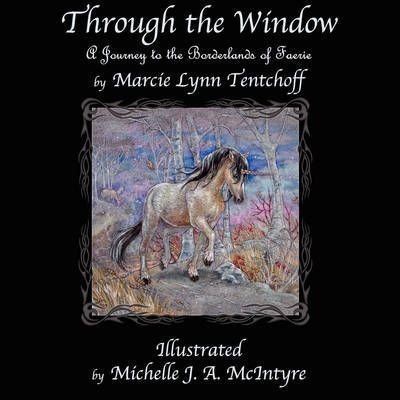 I love to write about bitterness, about making difficult and possibly the wrong choices. I also love writing about how things can be different when seen from differing viewpoints, and how the tales behind known characters and character types are often darker and more complex.
I love to write about bitterness, about making difficult and possibly the wrong choices. I also love writing about how things can be different when seen from differing viewpoints, and how the tales behind known characters and character types are often darker and more complex.
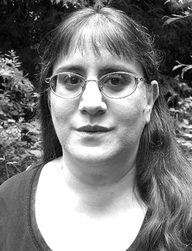 Marcie Lynn Tentchoff is a poet/writer/editor/acting teacher who lives on the west coast of Canada with her various family members, both humanoid and rather obviously not. Her work has appeared in such publications as Strange Horizons, Polu Texni, Star*Line, Polar Borealis, and Dreams & Nightmares. There have been two collections of her poetry, Sometimes While Dreaming, and Through the Window: A Journey to the Borderlands of Faerie, as well as On the Brink of Never, a collection of poems by her writing group.
Marcie Lynn Tentchoff is a poet/writer/editor/acting teacher who lives on the west coast of Canada with her various family members, both humanoid and rather obviously not. Her work has appeared in such publications as Strange Horizons, Polu Texni, Star*Line, Polar Borealis, and Dreams & Nightmares. There have been two collections of her poetry, Sometimes While Dreaming, and Through the Window: A Journey to the Borderlands of Faerie, as well as On the Brink of Never, a collection of poems by her writing group. My guest today is Michelle Scalise. Her poetry punches hard and all the more wrenching for its reality.
My guest today is Michelle Scalise. Her poetry punches hard and all the more wrenching for its reality. My latest collection, DRAGONFLY AND SONGS OF MOURNING (LVP Publications 2019) is about the death of my husband, novelist Tom Piccirilli, of cancer. Most poets who write in the horror genre use death a lot but this is personal. It was also the only work I’ve ever done that was painful to write. My last collection THE MANUFACTURER OF SORROW (Eldritch Press) doesn’t have a theme. I am always writing about scarred childhoods and turning the image of mothers into monsters. That’s my way of fighting back at my past. Both of my short story collections also contain poems.
My latest collection, DRAGONFLY AND SONGS OF MOURNING (LVP Publications 2019) is about the death of my husband, novelist Tom Piccirilli, of cancer. Most poets who write in the horror genre use death a lot but this is personal. It was also the only work I’ve ever done that was painful to write. My last collection THE MANUFACTURER OF SORROW (Eldritch Press) doesn’t have a theme. I am always writing about scarred childhoods and turning the image of mothers into monsters. That’s my way of fighting back at my past. Both of my short story collections also contain poems. Horror, Darker Side, Mortis Operendi I, Dark Arts, The Big Book of Erotic Ghost Stories, Best Women’s Erotica, and such magazines as Cemetery Dance, Crimewave, Space and Time, and Dark Discoveries. She was nominated for the 2010 Spectrum Award, which honors outstanding works of fantasy and horror that include positive gay characters. Her poetry has been nominated for the Elgin Award and the Rhysling Award. Her fiction has received honorable mention in Year’s Best Fantasy and Horror. Her fiction collection, Collective Suicide, was published by Crossroad Press in 2012. In 2014, Eldritch Press published a collection of her poetry, The Manufacturer of Sorrow in paperback and ebook. It became a bestseller in the women writers category on Amazon. In May of 2019, her latest collection of poetry, Dragonfly and Other Songs of Mourning, was published by Lycan Valley Press. It has made the preliminary ballet for the Bram Stoker Award. Michelle is an active member of the HWA and the SFPA.
Horror, Darker Side, Mortis Operendi I, Dark Arts, The Big Book of Erotic Ghost Stories, Best Women’s Erotica, and such magazines as Cemetery Dance, Crimewave, Space and Time, and Dark Discoveries. She was nominated for the 2010 Spectrum Award, which honors outstanding works of fantasy and horror that include positive gay characters. Her poetry has been nominated for the Elgin Award and the Rhysling Award. Her fiction has received honorable mention in Year’s Best Fantasy and Horror. Her fiction collection, Collective Suicide, was published by Crossroad Press in 2012. In 2014, Eldritch Press published a collection of her poetry, The Manufacturer of Sorrow in paperback and ebook. It became a bestseller in the women writers category on Amazon. In May of 2019, her latest collection of poetry, Dragonfly and Other Songs of Mourning, was published by Lycan Valley Press. It has made the preliminary ballet for the Bram Stoker Award. Michelle is an active member of the HWA and the SFPA. Really, no introduction is needed for Marge Simon, Anyone who reads or writes speculative poetry knows of her and she’s pretty much won every award you can get in the genre.
Really, no introduction is needed for Marge Simon, Anyone who reads or writes speculative poetry knows of her and she’s pretty much won every award you can get in the genre. Marge Simon lives in Ocala, Florida and serves on the HWA Board of Trustees. She has three Bram Stoker Awards, Rhysling Awards for Best Long and Best Short Fiction, the Elgin, Dwarf Stars and Strange Horizons Readers’ Award. Marge’s poems and stories have appeared in Clannad, Pedestal Magazine, Asimov’s, Silver Blade, Matter Press, New Myths, and Daily Science Fiction. Her stories also appear in anthologies such as Tales of the Lake 5, Chiral Mad 4, You, Human and The Beauty of Death, to name a few. She attends the ICFA annually as a guest poet/writer and is on the board of the Speculative Literary Foundation.
Marge Simon lives in Ocala, Florida and serves on the HWA Board of Trustees. She has three Bram Stoker Awards, Rhysling Awards for Best Long and Best Short Fiction, the Elgin, Dwarf Stars and Strange Horizons Readers’ Award. Marge’s poems and stories have appeared in Clannad, Pedestal Magazine, Asimov’s, Silver Blade, Matter Press, New Myths, and Daily Science Fiction. Her stories also appear in anthologies such as Tales of the Lake 5, Chiral Mad 4, You, Human and The Beauty of Death, to name a few. She attends the ICFA annually as a guest poet/writer and is on the board of the Speculative Literary Foundation.  Sometimes life is hills or valleys, and sometimes it dives so deep into the underlayer that you end up in orbit without a safety suit. To say I will be happy to see the end of the second decade of the third millennium is an understatement. Fair warning: this will be a long post.
Sometimes life is hills or valleys, and sometimes it dives so deep into the underlayer that you end up in orbit without a safety suit. To say I will be happy to see the end of the second decade of the third millennium is an understatement. Fair warning: this will be a long post.
 I had barely written in 2018 and the weight of grief made it extremely difficult to think of writing. I applied to the Horror Writers Association for the Scholarship from Hell, a scholarship to attend the Stokercon convention and masterclass workshops, as well as free flight and accommodation. I didn’t win the scholarship but was awarded a runner-up scholarship that included free attendance and master classes. I desperately needed the energy of writers to inspire me.
I had barely written in 2018 and the weight of grief made it extremely difficult to think of writing. I applied to the Horror Writers Association for the Scholarship from Hell, a scholarship to attend the Stokercon convention and masterclass workshops, as well as free flight and accommodation. I didn’t win the scholarship but was awarded a runner-up scholarship that included free attendance and master classes. I desperately needed the energy of writers to inspire me.
 Poetry
Poetry
 Straight-shooter Sèphera Girón talks about earning a living and is my last blogger for Women in Horror Month, though you will have to come back for part II as she will post over two days. I lost a few writers to health and work commitments. It seems only fitting that since I started with a Canadian, and am a Canadian, that I also end with one.
Straight-shooter Sèphera Girón talks about earning a living and is my last blogger for Women in Horror Month, though you will have to come back for part II as she will post over two days. I lost a few writers to health and work commitments. It seems only fitting that since I started with a Canadian, and am a Canadian, that I also end with one.  I think because I came from a mid-sized University town and from very educated parents who already worked in the arts that it never occurred to me that I couldn’t grow up to be a horror writer as I had dreamed of since I was around 14 years old. And it never occurred to me that I was a woman or that being a woman meant anything at all. In my naivety, I thought that the best story would be picked, and it was up to me to work as hard as I could and learn as much as I could about the horror genre and how to be a writer in order to become successful in the horror field.
I think because I came from a mid-sized University town and from very educated parents who already worked in the arts that it never occurred to me that I couldn’t grow up to be a horror writer as I had dreamed of since I was around 14 years old. And it never occurred to me that I was a woman or that being a woman meant anything at all. In my naivety, I thought that the best story would be picked, and it was up to me to work as hard as I could and learn as much as I could about the horror genre and how to be a writer in order to become successful in the horror field. had to work really hard and it never occurred to me I would have to work harder than a man or anything like that. I just knew I had to be the best writer I could be. I spent a lot of time (YEARS!) writing and re-writing my books and eventually became a Leisure (Publishing) author until Leisure died and then a Samhain (Publishing) author until Samhain died and I published at several other houses as well alongside those. (Never put all your books in one market!) However, over the years it did come to my attention that perhaps women weren’t getting the recognition that they needed to get. For me, I believe that I got all the recognition I needed for the work that I did because it just never occurred to me that I didn’t. I still stand by that.
had to work really hard and it never occurred to me I would have to work harder than a man or anything like that. I just knew I had to be the best writer I could be. I spent a lot of time (YEARS!) writing and re-writing my books and eventually became a Leisure (Publishing) author until Leisure died and then a Samhain (Publishing) author until Samhain died and I published at several other houses as well alongside those. (Never put all your books in one market!) However, over the years it did come to my attention that perhaps women weren’t getting the recognition that they needed to get. For me, I believe that I got all the recognition I needed for the work that I did because it just never occurred to me that I didn’t. I still stand by that. I have said this many times and I will continue to say it, that a large part of the problem with an imbalance of women in horror (and I can’t speak to any other genre because I haven’t asked people in other genres) is simple to see. Over the years I’ve spoken to many women authors while gauging whether there is a problem with women being published and recognized or not. It did come to my attention several years ago that often women aren’t getting published in horror because they aren’t writing it and they aren’t submitting it. PERIOD.
I have said this many times and I will continue to say it, that a large part of the problem with an imbalance of women in horror (and I can’t speak to any other genre because I haven’t asked people in other genres) is simple to see. Over the years I’ve spoken to many women authors while gauging whether there is a problem with women being published and recognized or not. It did come to my attention several years ago that often women aren’t getting published in horror because they aren’t writing it and they aren’t submitting it. PERIOD. I just began online teaching almost a year ago and I attended a workshop here in town put on by the company as a “road show” not long ago and I saw this exact same thing going on with online teachers as well. A lot of male teachers prepare their courses, write them, and film them while the wives do all the film editing, the marketing deal with the phone calls, and students and getting press releases out, preparing downloadable handouts, uploading endless hours of videos, promoting, creating coupons, and blasting it all out on social media. It was actually discussed at the workshop that the spouse should do these exact things to help the teacher spouse. It’s part of the strategy of success.
I just began online teaching almost a year ago and I attended a workshop here in town put on by the company as a “road show” not long ago and I saw this exact same thing going on with online teachers as well. A lot of male teachers prepare their courses, write them, and film them while the wives do all the film editing, the marketing deal with the phone calls, and students and getting press releases out, preparing downloadable handouts, uploading endless hours of videos, promoting, creating coupons, and blasting it all out on social media. It was actually discussed at the workshop that the spouse should do these exact things to help the teacher spouse. It’s part of the strategy of success. Sèphera Girón is an author, actor, tarot card reader, and mom. She has over twenty published books. Watch for Taurus in the Witch Upon a Star series to be released this year from Riverdale Avenue Books. She has stories in Dark Rainbow, Dawn of the Monsters, Abandon, Group Hex 1 and Group Hex 2, Intersections: Six Tales of Ouija Horror and more. Sèphera is the astrologer for Romance Daily News. Be sure to watch for her monthly horoscopes at
Sèphera Girón is an author, actor, tarot card reader, and mom. She has over twenty published books. Watch for Taurus in the Witch Upon a Star series to be released this year from Riverdale Avenue Books. She has stories in Dark Rainbow, Dawn of the Monsters, Abandon, Group Hex 1 and Group Hex 2, Intersections: Six Tales of Ouija Horror and more. Sèphera is the astrologer for Romance Daily News. Be sure to watch for her monthly horoscopes at